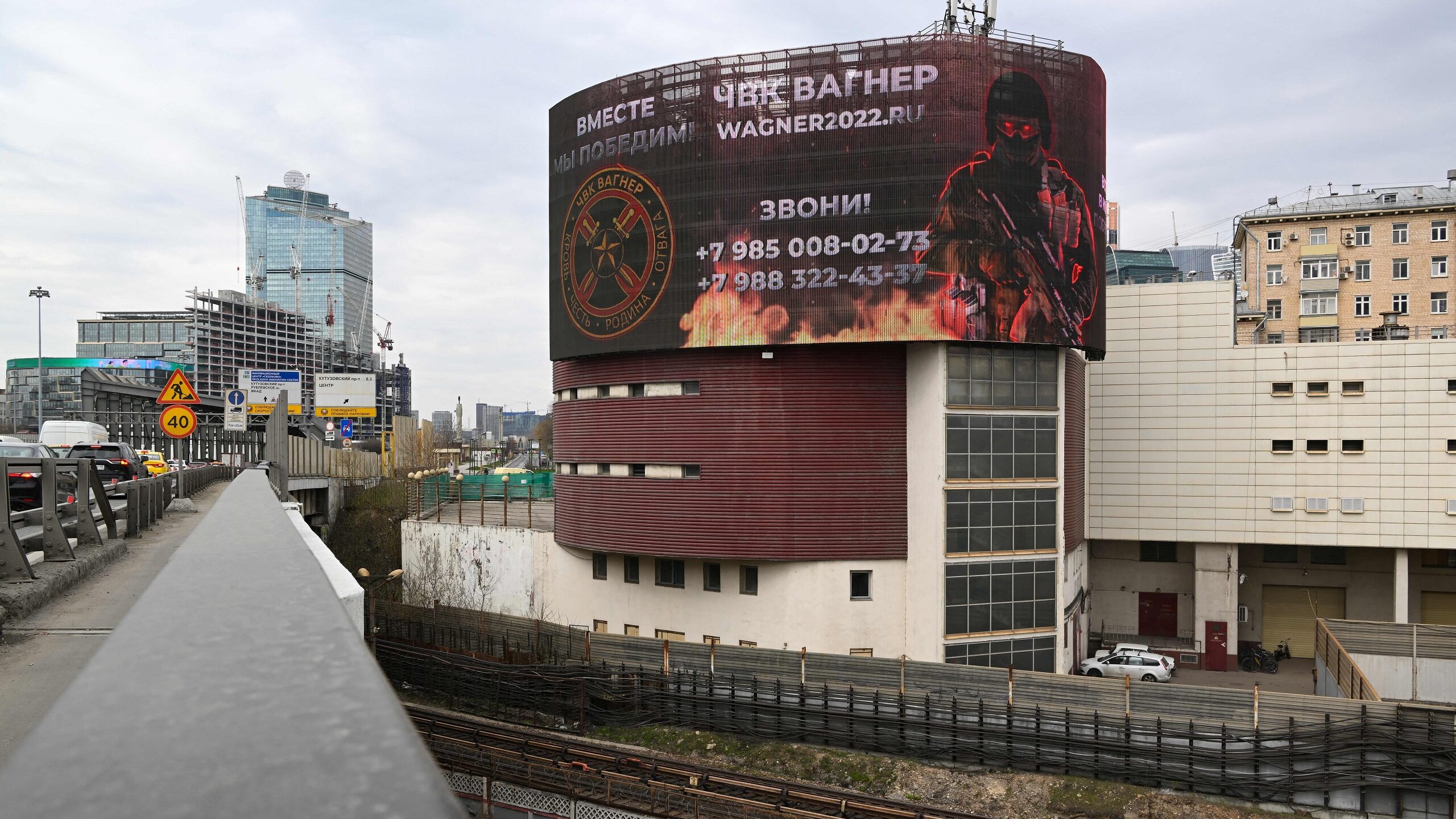Agents of War and Fighters by Proxy
An-Nahar, Lebanon, April 29
Mercenaries and their agents often take advantage of political conflicts and security unrest. This can be seen in the ongoing war in Sudan, where the Sudanese army and the Rapid Support Forces are in a heated conflict. It’s important to note that mercenaries are not limited to those employed by military units, like the Russian Wagner Group, but also those who fight in proxy wars, such as violent extremist groups. The former fight for financial gain, while the latter may fight for moral and material gain, with their interests often driving them to take action. Proxy fighters may not be the primary cause of war, but they are certainly a major factor in sustaining it. Acting on behalf of other parties, these mercenaries often lack any personal stake in the conflict and are often foreign nationals. The United Nations must criminalize mercenary activity and the international community must confront them with all necessary force and rigor. Only by standing up to the mercenary operators of these wars can the underlying causes of conflict be addressed. Whether those who fight for money or doctrine, the organizations of violence and extremism they represent pose an equal danger. War agents are deployed to a number of countries torn by armed conflicts, such as Yemen, Syria, and Libya. They fight for one side of a conflict in exchange for money. Here, it is impossible to distinguish between them and organizations of violence and extremism whose fighters come from around the globe, representing different nationalities. These foreign combatants are the gunpowder of wars that they have no stake in. Reports suggest that the Russian Defense Ministry established a fighting group, known as Wagner, which it supervises. While it was described as a private company, the group has been involved in almost all of the ongoing wars and participates in armed conflicts across the globe. Not only does it provide services such as the sale of weapons and training, but it has also been known to extract diamond and gold wealth from certain countries and protect these mines. Additionally, Wagner has been known to provide political advice. This group has been seen fighting alongside Russian forces in Ukraine, as well as guarding gold and diamond mines in Central Africa and Sudan. They have reportedly taken part in or stated their willingness to participate in Sudanese conflicts, and have sold weapons to one of the factions involved. The danger posed by this group lies in their ability to prolong wars—including those of ISIS and other extremist groups, both local and regional—for financial gain, as well as for moral objectives. The United States of America employed the so-called Arab Mujahideen in the Afghan war in 1979. Washington used these fighters to battle Moscow in Afghanistan, and ultimately, they were successful in their mission. This subsequently gave birth to al-Qaida, and recently in 2014, to ISIS. Similarly, the Russian Wagner Group is making its presence felt across Africa, with many extremist Islamic organizations also spreading through African capitals. It is true that the international community is actively working to counteract religious extremist groups, but it is also important to address those who fight for money or other incentives. The peril of wars lies not in their commencement but in their continuation. To prevent these wars is a difficult task, yet we must strive to stop them or their causes. This can be done by taking decisive action against agents and proxy fighters, as well as introducing international legislation to hold countries accountable for supporting or using them. These agents of war are responsible for creating crises and igniting conflicts, resulting in death and destruction. It is thus lamentable that some countries and armies may resort to using the services of fighting groups, even those with Islamic affiliations, despite the fact that they should be condemned rather than embraced. To quell wars and conflicts in the Middle East, Africa, and Eastern Europe, the international community must confront the agents of these wars and proxy fighters. Legislation should be in place to hold countries accountable for seeking the help of these fighters. Furthermore, international legislation should be enacted to combat their movement and presence. —Mounir Adeeb (translated by Asaf Zilberfarb)


